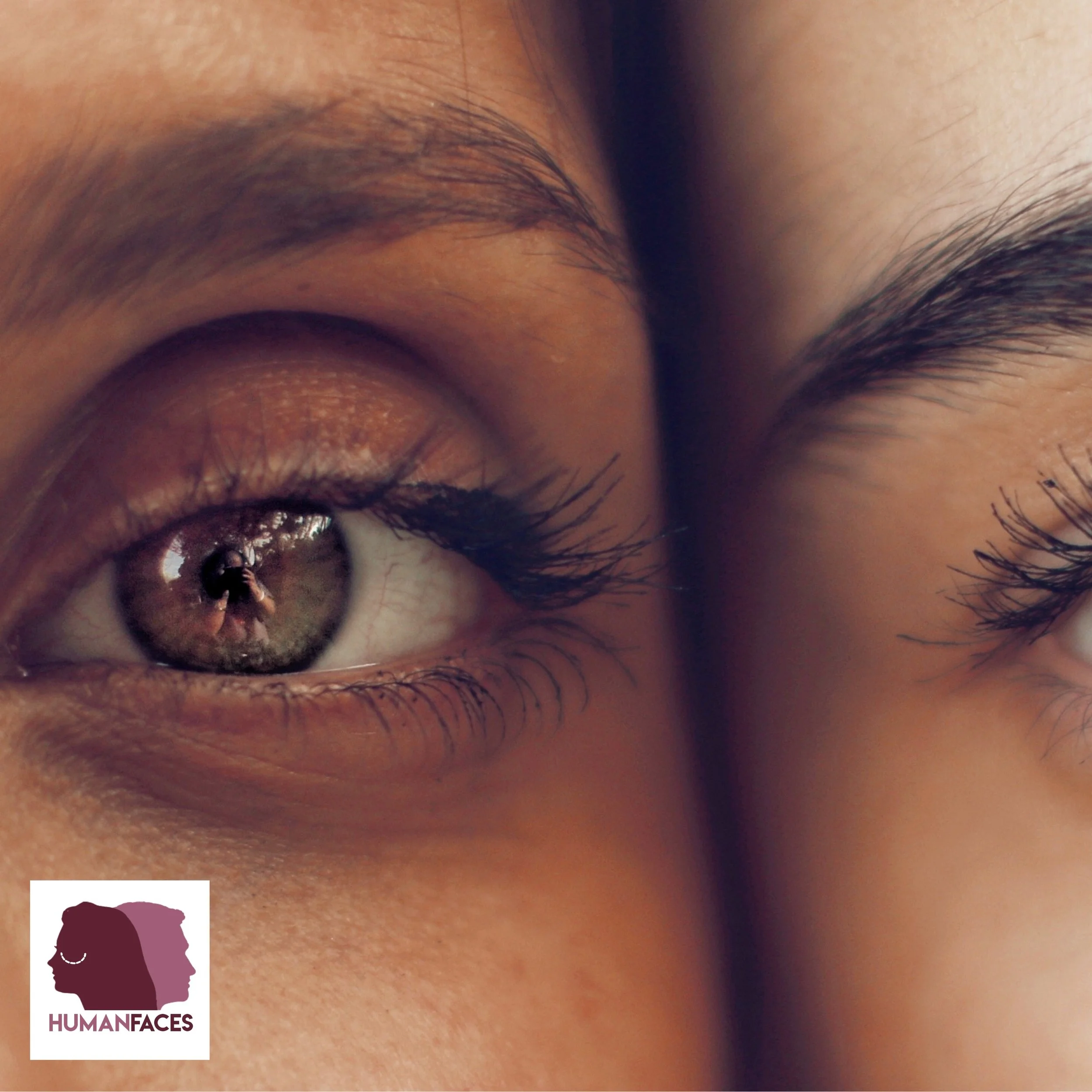Stop the press, your face can get cancer!?
We recently put out a podcast on how patients facing cancer can cope with their disfigurements. Being a facial surgeon and seeing cancer patients daily, their challenge has always been apparent to me. I was shocked to get feedback from listeners to the contrary. I realised that so many listeners didn’t know that you could get cancer in your face. Mouth cancer has even less awareness. Taking it one step further, very few listeners understood that cancer would need surgery and that this could lead to losing parts of your face. The leap from cancer to disfigurement is far too alien to the public.
It’s clearly my fault, I should have set the scene better. It just goes to show the disparity of understanding between health care professionals and the public. So here I am trying to bridge the gap with words. Where our podcast didn’t quiet manage with sound.
Yes, you can get cancer of your face. Lots of cancers you already know about. That includes skin cancer such as melanoma. There’s of course brain cancer which I won’t go further into. Then there is the whole umbrella of head and neck cancer. When we say head and neck cancer we mean cancer inside your nose, mouth or throat. You won’t see the cancer because it’s on the inside. If it’s allowed to grow you will eventually see it poke out onto the skin. For the most part, these are almost hidden cancers. This makes them difficult to find, diagnose and then treat.
All cancers are treated with radiotherapy, chemotherapy or surgery. Radiotherapy and surgery only affect the area immediately around the cancer. Despite the local treatment, they can have profound impact on the patient and their future life.
In real estate terms, the head and neck offer a lot of value per area. Your mouth alone gives you smiling, talking, tasting, eating and feeling. Think of how great it is to kiss. Your nose and throat also give smelling, breathing, singing and the way your face looks. It’s not then so hard to imagine the consequences if any of these parts have to be cut out because of cancer.
As a surgeon, I know about all the clever ways science and research have allowed us to reconstruct the areas removed. I know patients often go back to being able to talk and eat. Sometimes just as well as before they had cancer. It’s easy for me to see this because I’ve seen so many patients. I still can’t imagine what it’s like for the patient who has just had the news.
The patient and relative now facing cancer and surgeons telling them they will lose their tongue or lips or nose or more. I’m always humbled by the strength with which patients and families face this. They are really supported by the kindness and care of wonderful nurses who look after them on this journey. Right from diagnosis and until they don’t need us anymore.
They can’t do their job without funding. Macmillan is one such charity that understands the importance of care for patients and families with cancer. They provide countless nurses both in the community and in hospitals. In the UK this really helps with the care we can provide alongside the NHS.
I hope some of this article has sparked an intrigue in you. If you want to know more about how patients and families deal with disfigurement listen to our podcast. If any of this moves you, I implore you to donate to a cancer charity. Thankyou.




